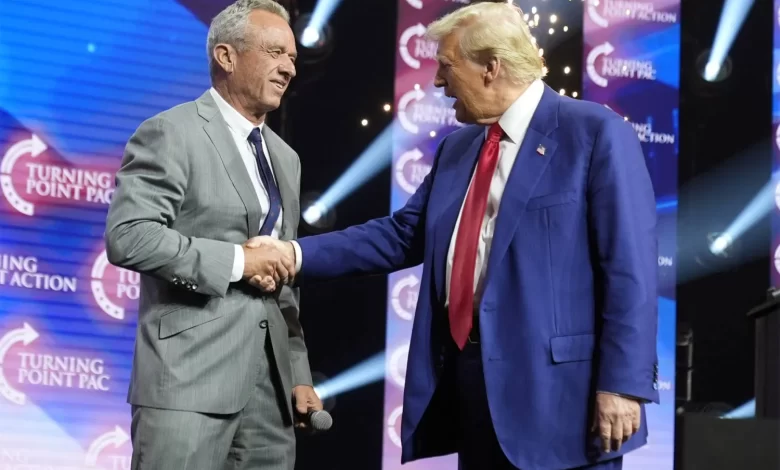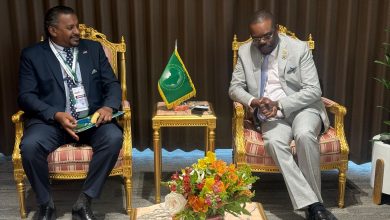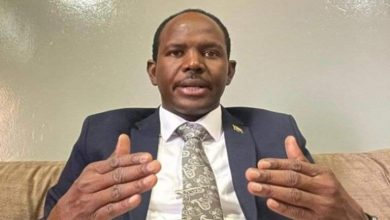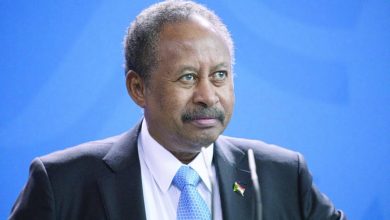InternationalNews
Trump Plans to Withdraw Again from the World Health Organization

Members of President-elect Donald Trump’s transition team have reported that he is considering withdrawing from the World Health Organization (WHO) on the first day of his presidency on January 20, 2025, which would represent a significant shift in the United States’ involvement in global health governance and the challenges posed by disease outbreaks.
Trump had previously withdrawn the United States from WHO during his first term, announcing in 2020 that the U.S. would leave the organization amidst the COVID-19 pandemic, accusing the WHO of being under Chinese influence. However, President Joe Biden reinstated U.S. membership on the first day of his term in January 2021.
Transition team officials indicated that Trump wants to move faster in withdrawing from the organization and could issue a withdrawal decision on his first day in office.
This potential move has sparked widespread warnings from experts, who have warned of the catastrophic impact that a U.S. withdrawal from WHO would have. The United States contributes 16% of the organization’s funding, and its departure could harm WHO’s ability to respond to health crises, such as the COVID-19 pandemic, and create a significant leadership vacuum.
While some within Trump’s transition team are advocating for withdrawal, others defend the importance of U.S. membership to pursue internal reforms and prevent other countries, like China, from expanding their influence within WHO. This faction argues that U.S. absence could hinder international coordination in health crises, vaccine distribution, and disease surveillance. The withdrawal-supporting faction seems to be more influential with Trump.
These discussions come at the same time as Robert Kennedy’s nomination for Health Secretary, a well-known vaccine skeptic.
The Financial Times raised the issue, quoting experts’ warnings about the consequences of such a move. Lawrence Gostin, a professor of global health at Georgetown University, said, “Trump’s plan to withdraw on day one would be catastrophic for global health and would force WHO to reduce its staff and operations.” He added that European countries are unlikely to fill the funding gap if the U.S. withdraws, and China may try to fill the void to exert more influence on the organization.
He concluded, “This would not be a wise move for Trump, as it would concede leadership to China, affecting WHO’s priorities and policies.”



